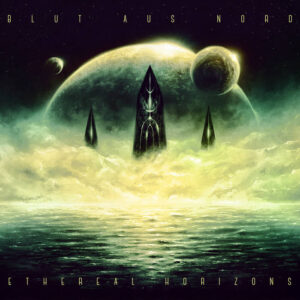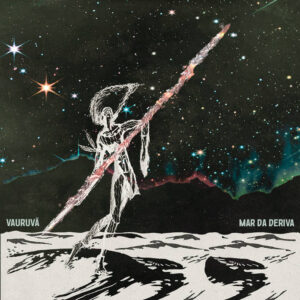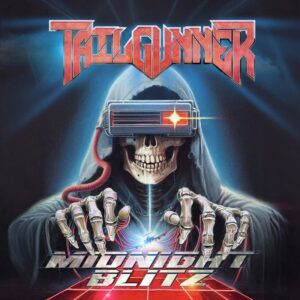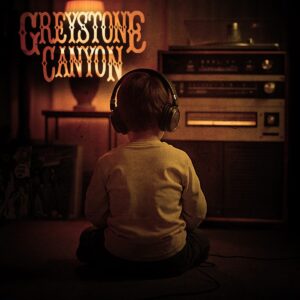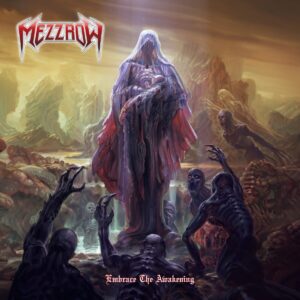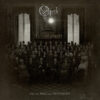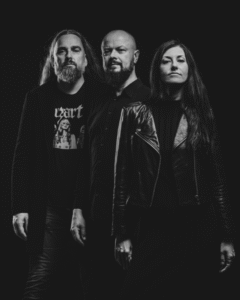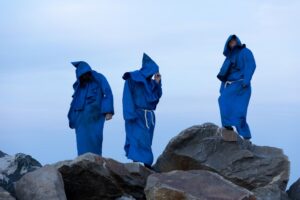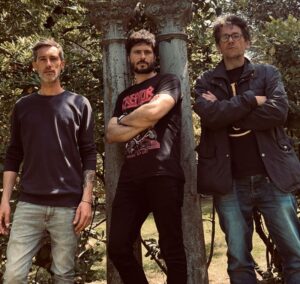JUDAS PRIEST's ROB HALFORD: "The Most Amazing Part Of Being In Any Band Is The Creative Process"
July 31, 2014
Greg PratoofSongfactsrecently conducted an interview withJUDAS PRIESTmembersRob Halford(vocals),Glenn Tipton(guitar) andRichie Faulkner(guitar). A couple of excerpts from the chat follow below.
Songfacts: How does the songwriting work inJUDAS PRIEST?
Glenn Tipton: It can be anywhere around. What we normally do is go and get our own bunch of ideas together and then we meet up, throw it into the pot and see what comes out. When the room lights up, we're onto something - we usually end up with a great song. So it's very exciting withJUDAS PRIEST, because you go to a writing session with nothing and you never know what you're going to come away with. It can be a riff that sets off somebody else's train of thought or it can be a vocal line, or a lyric, or title, or it can even be a riff. And suddenly, a song takes shape. It's amazing the way it does. Like a jigsaw puzzle, it just all falls into place.
Rob Halford: You start the day with nothing and then you end up with something that's going to be around longer than you are. The most amazing part of being in any band, I think, is the creative process and seeing what you've got left. Some days, you've got nothing. Some weeks you've got nothing. But in the general sense of the word, when we would get together there'd always be a spark, so that you'd have a reference to go back to the next day or maybe a week later. You can't rush writing music, because if you do rush it, it generally just only has that sense. Some songs will come together very, very simply, but generally, the ones that are really well composed do take a lot of thought, especially when you've got hundreds and hundreds of songs already in the vault that are established and part of your repertoire. You're always trying to better yourself in that respect, so it isn't easy. It's not easy, especially 40 years later.
Songfacts:RichieandGlenn, how do you come up with the twin-guitar parts?
Richie Faulkner: Well, you come up with an idea and sometimes it's automatically crying out for a harmony part. You know, it'sJUDAS PRIEST, so the duty you have to yourself as a guitar player and as a fan at the same time is to create these things. Sometimes they're already locked in, the harmonies. Sometimes it might be a guitar passage that you get in the studio and eitherGlennor I will say, "That's the idea." And then someone will say, "What if we did this or try this?" AndGlennor I will throw down a harmony to that. Sometimes it works, sometimes it doesn't, but it's a very organic method from the guitar point of view, becauseGlenn's been doing it for 40 years and I've been taught byGlennindirectly. So it is a very organic, instinctive process where the guitars are concerned, and it works really well in a record.
Glenn: Yeah, I think it works itself out, doesn't it,Rich? Sometimes you don't even have to say anything, it's almost a sixth sense: "This is a trail-off lead break" or "It's a harmony lead break" or "You take this,Richie, and then I'll take that." It just seems to work itself out. If we had to work too hard to sort things out, we wouldn't be the right guitarists to be playing together. So, the fact that it sorts itself out means we think in the same direction, and that's very important.
Rob: And you try everything if you're in a band. If somebody has an idea and you say, "Have you thought about this?" If that person goes, "No, that sucks," well, how can you say it sucks if you haven't tried it? You try everything, and then you make a determined assessment of the possibility. With us, we've never been afraid to speak up and step up and say, "I've been thinking about this, let me try to explain." We've never shut each other down and said, "That's fucking stupid." We've always said, "Yeah, well, let's see what can come of it," and sometimes it happens and sometimes maybe half of it will happen, so you keep that half and you know you've got that in a vault somewhere. So try everything as a musician - the possibilities are endless.
Read the entire interview atSongfacts.
Source:
More results...

